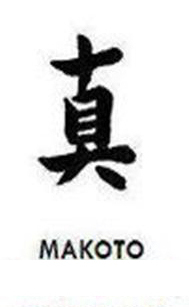
Tony Blomqvist Mickelsson
Brazilian Jiu-Jitsu as Social and Psychological Therapy: A Systematic Review
...Brazilian Jiu Jitsu holds great promise as a sociopsychological intervention; it is consistently associated with low levels of aggression, development of resilience, and the possibility of extending one’s social network. In other words, it may constitute a community that can buffer against mental illness and promotes well-being. This goal has direct implications for social workers, psychologists, and physical therapists that seek to combat public health issues. Additionally, considering the current pandemic and the mental illness it has brought with it, along with decreases in physical activity, practitioners and policy-makers will need to address how to go from here to re-establishing a healthy baseline of physical and psychological standards. Brazilian Jiu Jitsu seems appropriate to achieve these outcomes...






